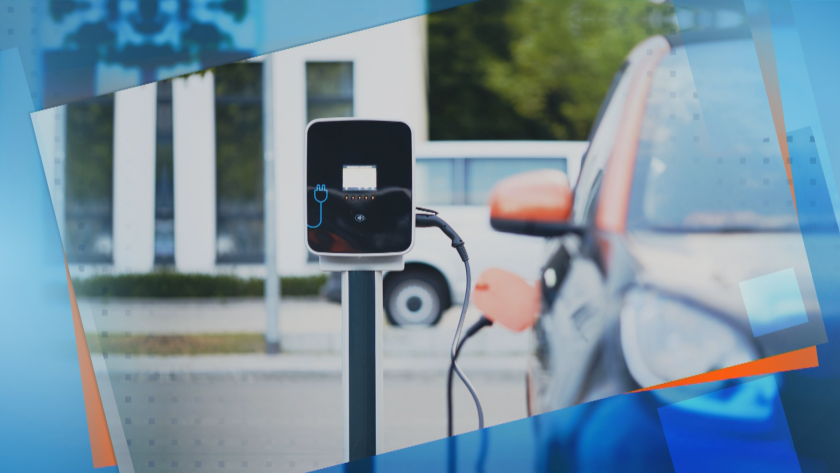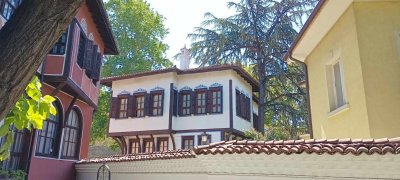Bulgaria marks the highest annual increase in electric vehicle sales among EU countries, but at the same time Bulgarians drive the oldest cars

Bulgaria is in first place in Europe in terms of increase in sales of electric cars. Last month, 171 electric cars were registered in Bulgaria, or 100 more than last year. Thus, the growth in sales in June alone was over 140%. And at the same time the country has the oldest fleet in Europe - almost half of all vehicles registered with the traffic police are over 20 years old.
Bulgaria competes only with Poland in the ranking of oldest cars, over 40% of the cars on our roads are over 20 years old. But it is also a fact that in recent years the country has seen around a 60% increase in the sale of electric cars. This is logical, given that Bulgaria is at the beginning of this green transformation and there are still very few drivers who have opted for an electric car - they are around 11,500 so far. You know, Europe's plans from 2035 to produce only cars that run on electricity and hydrogen. All with the idea that petrol and diesel cars will become a thing of the past. But is this an easy step for Bulgarians and is our infrastructure ready for more and more electric cars, are there enough stations built?
"It was made in 1989. I have been using it for 15 years without any problems. There is no wear on it."
He says the car is true to him and has sentimental value to him. From Blagoevgrad we go to Rousse, where the old car is also revered.
"I don't know what amounts they produce and how harmful they are, my car has a catalytic converter, it passes inspection, they measure it, they give it a category. I'll drive it until possible, if not - I'll switch to gas. But I'm not considering buying a new car."
11,500 drivers in Bulgaria already think differently. The trend is towards increasing this number.
"Since the last years the growth is between 50 and 60% every year," said Martin Zaimov, Bulgarian Electric Vehicle Association.
However, the number of stations is close to 1,300. The association says they are sufficient in quantity, but not in terms of availability.
"The main thing that all municipalities should do is to make parking and therefore charging at night, for people who live in places where they do not have their own parking, very easy," said Martin Zaimov.
Charging should be as easy as charging a phone - at night - close enough to home. We are still too far away from that goal. Unlike in the Netherlands. Which is nearly three times smaller than Bulgaria, but has literally 100 times more charging stations.
"We have more than 120,000 stations, mostly in cities. On the motorways we have about 4,000 fast charging stations. Every 20 to 25 kilometres there is somewhere to charge. When you're travelling on the motorway and you stop to charge - there's no waiting. And in cities - there's one on every street, in museums, in shopping centres, in companies - everywhere. When you get an electric car, you can ask the municipality to put a charging station no more than 200 metres from your home. I have a station 25 metres from home. I have 4 more within 100 metres. So it's very easy for me," said Damian Hage, a journalist at a motoring magazine in the Netherlands.
We invite the journalist from the Netherlands to come with his electric car. He doesn't refuse, or at least he does it delicately.
“The downside comes if you travel outside the Netherlands. It's fine here, but when you go to France, Belgium, Germany - there are not as many charging stations, and if there are sometimes they are very expensive," said Damian Hage.
In terms of the number and convenience of charging stations, Bulgaria still remains unattractive. The further we move away from the Netherlands the further the green transformation seems, especially where the old car is seen as a good old friend.
Get the latest news wherever you are!
Follow us on
Facebook
and
Instagram
Follow BNT’s YouTube channel
You can now also watch us on
TikTok
Find us on
Google News























